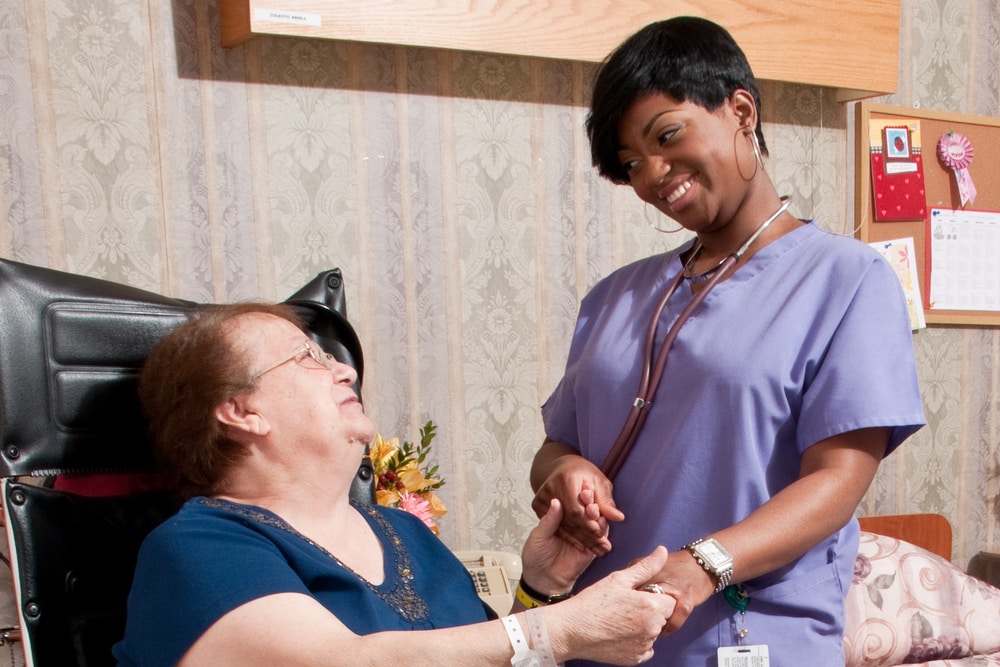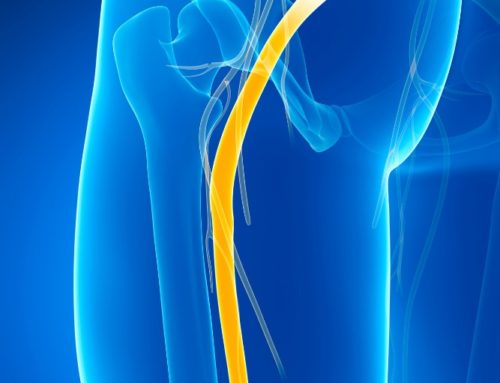Diabetes occurs when the pancreas fails to produce insulin, increasing glucose levels in the bloodstream. If uncorrected, high blood sugar causes nerve damage, resulting in diabetic neuropathy. Symptoms include numbness, tingling, burning, or weakness in the extremities, pain, sensitivity, vision issues, or infections. Though the disease can be managed, a couple of factors could make it worse and should be avoided.
To prevent worsening symptoms, diabetes care may be required to combat neuropathy. It includes topical treatments, nutritional supplements, blood sugar control, pain management, and physical therapy programs to reduce mobility problems. Low-voltage TENS is another possible aspect of treatment to reduce pain and improve circulation.
Avoiding the following issues also impacts the disease and its symptoms.

Worst 2 Things for Diabetic Neuropathy
Though neuropathy caused by diabetes has no cure, the symptoms can be managed with the proper lifestyle and treatment. Avoiding 2 key factors is also something to consider. We’ll discuss the complications of each in the following sections.
- High blood sugar
High blood sugar is one of the most common causes of diabetic neuropathy. High glucose levels in the blood for prolonged periods cause nerve damage. When this occurs, those nerves can no longer send messages to the rest of the body.
The more nerves involved and the more severe the damage, the worse the symptoms of neuropathy. Maintaining your lifestyle and performing your usual activities becomes difficult. Though it may not be possible to repair the damage, there are ways to prevent further issues.
Controlling your blood sugar levels is crucial for avoiding further complications from diabetic neuropathy. Discuss your unique target range with your doctor and follow the instructions provided to maintain the levels recommended. Test your levels before and after meals and be vigilant with medications.
Eating healthy food options is another essential aspect of managing blood sugar. These include fruits, vegetables, and whole grains. Limiting portion sizes is also beneficial since it helps you maintain a healthy weight and avoid worsening symptoms.
- Physical inactivity
A sedentary lifestyle isn’t recommended for anyone. For those with diabetic neuropathy, it can be even more damaging than usual. A lack of physical activity reduces blood circulation, which lowers oxygen levels throughout the body. It prevents the body from using the glucose in the bloodstream as fuel, increasing blood sugar levels.
Inactivity also leads to further complications, including obesity and hypertension, which increases diabetes symptoms. The longer a person remains immobile, the more severe the issues become.
Exercise can counter the symptoms of diabetic neuropathy, though individuals need to be careful with their activity choices. Slow movements, balance issues, weakened muscles, and sensitivity may make certain activities difficult and unsafe.
A physical therapist can customize a workout program to match your abilities and limitations. A combination of aerobic, flexibility, balance, and strength exercises will help treat the symptoms, strengthen the body, and reduce pain. Blood sugar levels will decrease as circulation improves, and you’ll be able to maintain a healthy weight.
High blood sugar and physical inactivity are known to worsen the symptoms of diabetic neuropathy and lead to further issues. So do something about these to improve your condition.
Resources:
https://www.cdc.gov/diabetes/library/features/diabetes-nerve-damage.html
https://www.foundationforpn.org/living-well/lifestyle/exercise-and-physical-therapy/
This content comprises informative and educational resources only and can not be considered as a substitute for professional health or medical guidance. Reliance on any information provided in this article is solely at your own risk. If you have any inquiries or apprehensions about your medical condition or health goals, talk with a licensed physician or healthcare provider.






Leave A Comment